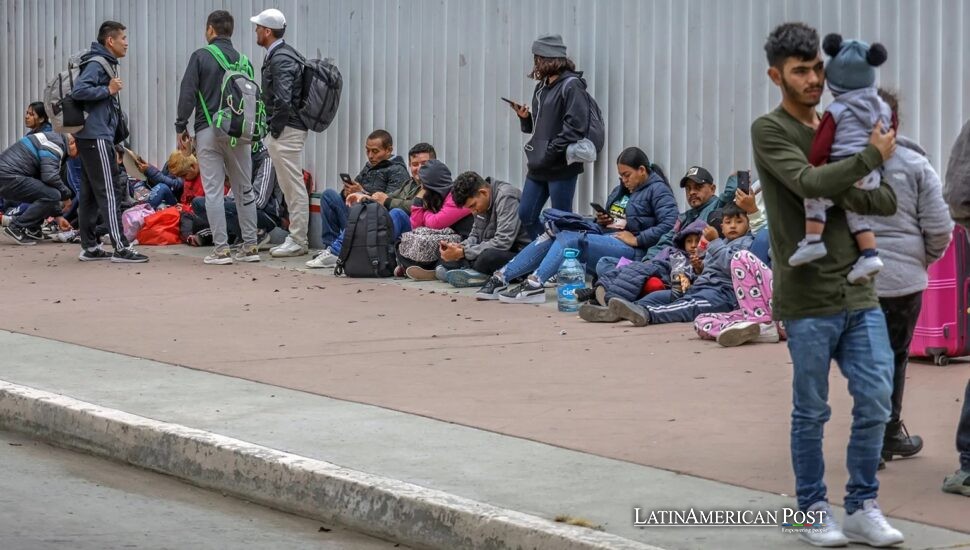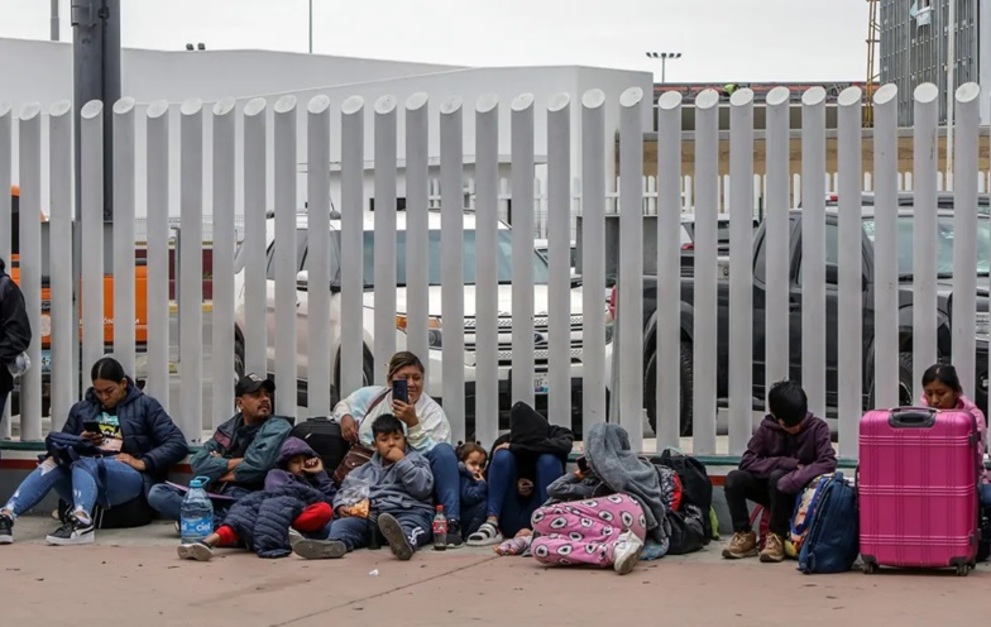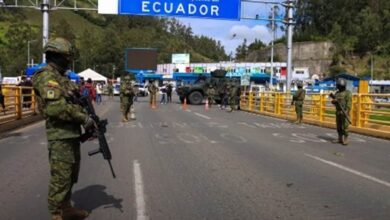Ecuadorian Dreams of Disney, Lands in America’s Asylum Waiting Room

A promised Disney vacation turned into an escape from Guayaquil’s spiraling violence, sending a mother and her daughter into the long maze of U.S. asylum. Their journey traces Ecuador’s descent into terror, the rigid letter of American law, and the limbo that stretches for years after a desperate flight.
A holiday that became an escape
Gabriela—an alias—once lived a life that felt firmly middle-class. She worked at a television station, paid a mortgage, and sent her daughter to a private school in Guayaquil. She thought Ecuador’s headlines about gangs and cocaine routes were horrors reserved for “millionaires,” not for families like hers.
That illusion collapsed with a phone call. A voice cited her license plate and workplace, promising bullets if she didn’t pay. Around the same time, when she had promised to take her daughter to Disney World, her father-in-law was kidnapped. Extortionists demanded tens of thousands of dollars and sent videos of his fingers being cut off. He was later killed, one finger left in a bottle as a message—details the BBC reported from the family’s accounts.
“Go, and don’t come back,” her partner told her. The vacation became an escape route, and Gabriela joined the millions now waiting in America’s asylum backlog. “We want what everyone wants,” she told the BBC, “to live in a state of law and order, and to no longer live in terror.”
The narrow letter of asylum law
U.S. asylum law is based on five grounds established after World War II: persecution based on race, religion, nationality, political opinion, or membership in a particular social group. Cartel threats rarely fit neatly into those boxes. “This law is the subject of much, much interpretation,” said Kathleen Bush-Joseph of the Migration Policy Institute, speaking to the BBC.
During Donald Trump’s first term, his attorney general narrowed the field even more, directing judges to reject gang- and domestic-violence cases unless applicants could show the state was complicit or powerless. For Gabriela, reporting threats in Ecuador felt suicidal. “If you’re lucky enough and they catch the criminal, it’s likely he’ll get out the next day and try to kill you in revenge,” she told the BBC.
Though the Biden administration rolled back that interpretation, the statute itself hasn’t changed. Many fleeing gangs still feel trapped in legal gray. One emerging twist—branding cartels as terrorist organizations—could cut both ways. It could classify victims as persecuted by “terrorists,” but it could also disqualify those who paid extortion or smugglers as having provided coerced “material support” to designated groups.
Detained, delayed, and deterred
To win asylum, many now argue that cartels operate as de facto governments, and that resisting or refusing to pay constitutes a political opinion in the eyes of persecutors. “These people are suffering violence and persecution, and by persecution we mean horror,” said Mario Russell, executive director of the Center for Migration Studies, in an interview with the BBC. He estimates that about 70% of asylum claims are being rejected.
Detention has become a central tactic. Roughly 60,000 migrants are now held while awaiting hearings, according to data cited by the BBC. That “changes the equation,” Russell said, because people can no longer wait in relative peace; detention is “leveraged” to nudge them toward abandoning claims.
Trump’s new executive orders have expanded deportations, widened ICE’s arrest powers, and suspended entry for many undocumented migrants. Bush-Joseph told the BBC the policies have intensified pressure on judges to deny cases that don’t square neatly with the statute. Political persecution cases may move quickly, while cartel cases often drag on, frequently being rejected on first review. Applicants are left to “fight for protection” while facing some of the highest risks of deportation.

EFE@Joebeth Terríquez
Living small while waiting for judgment
For Gabriela, life is now reduced to a series of safe routines. She works long shifts in a factory, returns home, and rarely takes any risks beyond that. “Our life consists of work, home, work, nothing else. I don’t want to expose us to another trauma,” she told the BBC. Even a minor traffic stop feels like a potential disaster.
Her story echoes across Ecuador’s diaspora. Maria, a lesbian from Durán—one of the most violent cities on earth—filed extortion complaints. Days later, she was dragged off her motorbike and threatened: “Because you think you’re a man, you think nothing’s going to happen to you,” she recalled to the BBC. She sold the bike and fled. Today, she washes dishes in New York, her asylum hearing set for 2028.
Luis, a taxi driver also from Durán, told the BBC that gangs tried to force his co-op to pay quotas. “So many of my friends were killed.” He never intended to migrate. The morgues changed his mind.
Official rhetoric has hardened. A U.S. Citizenship and Immigration Services spokesperson told the BBC asylum protects “a minimal number of persecuted aliens,” blamed backlogs on “fraudulent and frivolous” filings, and warned that “a pending asylum claim does not make aliens immune from enforcement.” Pew polling, cited by the BBC, shows a polarized public: majorities oppose suspending asylum altogether, but opinions on raids and restrictions split sharply by party affiliation.
For Gabriela, the calculation is brutally simple. Ecuador’s gangs acted like a state. Some judges and police, she argues, could not or would not protect her. She believes that asylum law’s five grounds should be expanded to meet that reality. She even shares Trump’s view that cartels are “terrorists,” and hopes that recognition will extend to the families they drive from home.
Also Read: Latin America Mourns the Loss of the Dúo Dinámico Resilient Voice
Until an officer or judge agrees, her world is defined by vigilance and fear. “We have been afraid since President Trump took office,” she told the BBC. She keeps her daughter close, counts life in shifts, and waits for the hearing that will decide whether a Disney promise ends in deportation—or something like peace.





